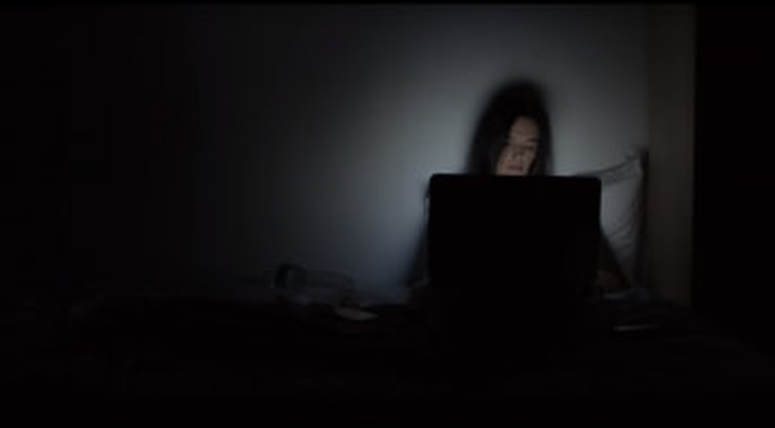|
Devoid of any form of didactic exposition, Michael Haneke's Happy End is a challenging study of familial detachment and disintegration, detailing the day-to-day lives of an upper-bourgeois family living in in Calais, a city very much at the heart of the European refugee crisis. Rooted in bare formalism, Happy End is a family drama which shows little interest in providing hearty characterizations, forcing the viewer to learn about these characters in the moment, as the film spins its cynical web of the world- one in which self-interest and emotional detachment has left many in the family despondent. Happy End sees the celebrated German Filmmaker play in same waters we've grown accustomed to, yet Happy End lacks the same bite, being slightly mischievous but never as wholly subversive. All of Haneke's thematic assertions are difficult to pinpoint, yet it's very clear that Happy End presents a rather cynical perspective of the current state of society, one void of empathy due to increasing human detachment. How the characters communicate throughout Happy End is a major hint at this theme, as they use various electronic devices to primarily communicate throughout. Connection through these small, impersonal devices fulfill the same function as traditional in-person forms of communication, but at what cost, as they lack the personal attachment of physical connection/interaction which unquestionably warrants much more detail and nuance into understanding day-to-day communication with others. The family profiled, their detachment, coldness, and general lack of empathy is symbolic to Europe and the world as a whole, one which is growing further-and-further detached from this personal and physical connections which human-beings need and desire, with the families' own internal turmoil of neglect, self-centeredness, and detachment just being a surrogate for the larger problems our society faces as whole.
0 Comments
Leave a Reply. |
AuthorLove of all things cinema brought me here. Archives
June 2023
|

 RSS Feed
RSS Feed
